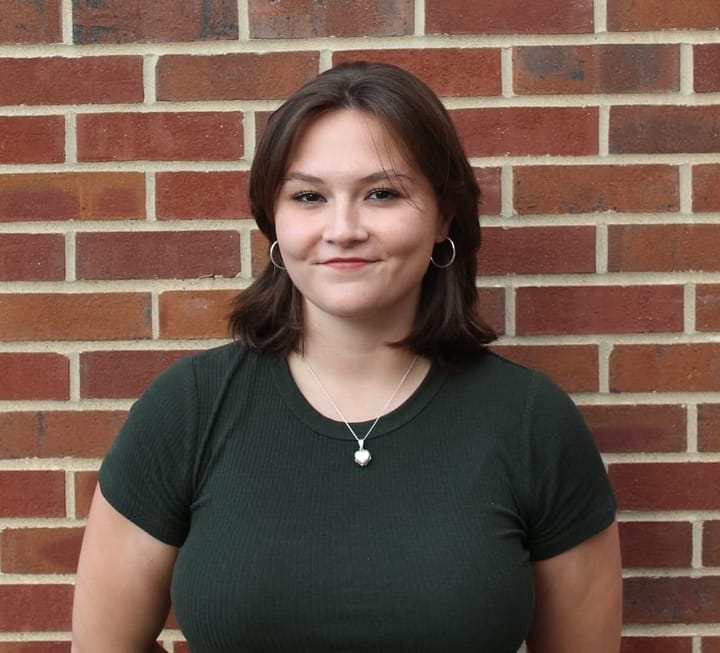ASA Should Allocate Positions to Minority Groups
Augustana University strives toward greater diversity, but the obstacles toward it are significant. We will not be able to surmount them if the heart of the student body, the Augustana Student Association (ASA), does not restructure itself to accommodate the changes we need to see.
The African Student Union, the Black Student Union, the Asian Student Organization and the Gender and Sexuality Alliance are unique organizations, unlike any others on campus. They represent identities that are incontrovertible and involuntary. They are organizations that strive to create a home for students that have often felt unwelcome and have been consigned to the sidelines of our university. These are organizations representing communities that have traditionally been underrepresented in ASA. That is exactly why the African Student Union, the Black Student Union, the Asian Student Organization and the Gender and Sexuality Alliance are calling for four new positions: nominated senators that will represent each of our organizations in ASA.
To understand the thrust of this, it is important to understand that students like us are swimming amid cultural norms that are foreign to us. We have had to learn to move through places that are not built for us. Relating to students from dominant groups is not natural or intuitive, but it is something we work to do because Augie is the home we have chosen. There is less incentive for dominant groups, and for our university, to work toward accommodating us.
It comes as no surprise then that we are disadvantaged when it comes to establishing the wide network of friendships and familiarity it takes to win seats on ASA. Those of us who do win seats are less likely to hold them throughout the year due to difficulty retaining students from these groups for a variety of reasons. That means that there are significant hurdles to preparing senators that are experienced enough to represent our voices in critical matters and advance initiatives that will benefit our communities with the university. How then, can we continue to push our university toward more inclusivity if the voices of nondominant groups are often absent from the spaces in which they are most needed? How can we ensure progress if we are lacking in the power we need to compel the university towards action in the moments when it has slowed?
Luca Amayo and Audrey Cope have pushed the conversation forward. We are seeing concrete steps taken to restructure our university to accommodate students like us. We are beginning to see what our campus can look like when we have an ASA that is diversity-minded. Their time, however, will come to an end. The progress that has been made is meaningful, but we cannot risk seeing it stall thereafter. Luca and Audrey’s administration has laid the groundwork, and now we have an opportunity to take an even bolder step forward. Let us expand the number of systemically nondominant voices at the table so we can ensure that we will perpetually move toward a campus that is truly home to every one of us.



